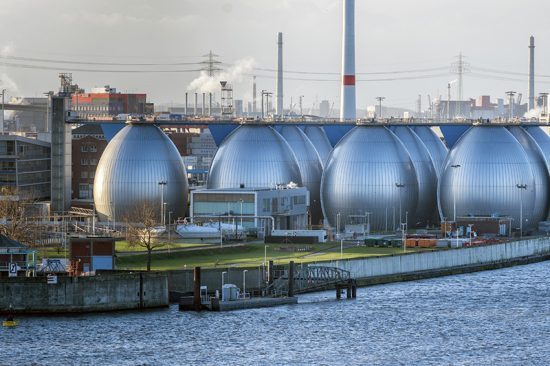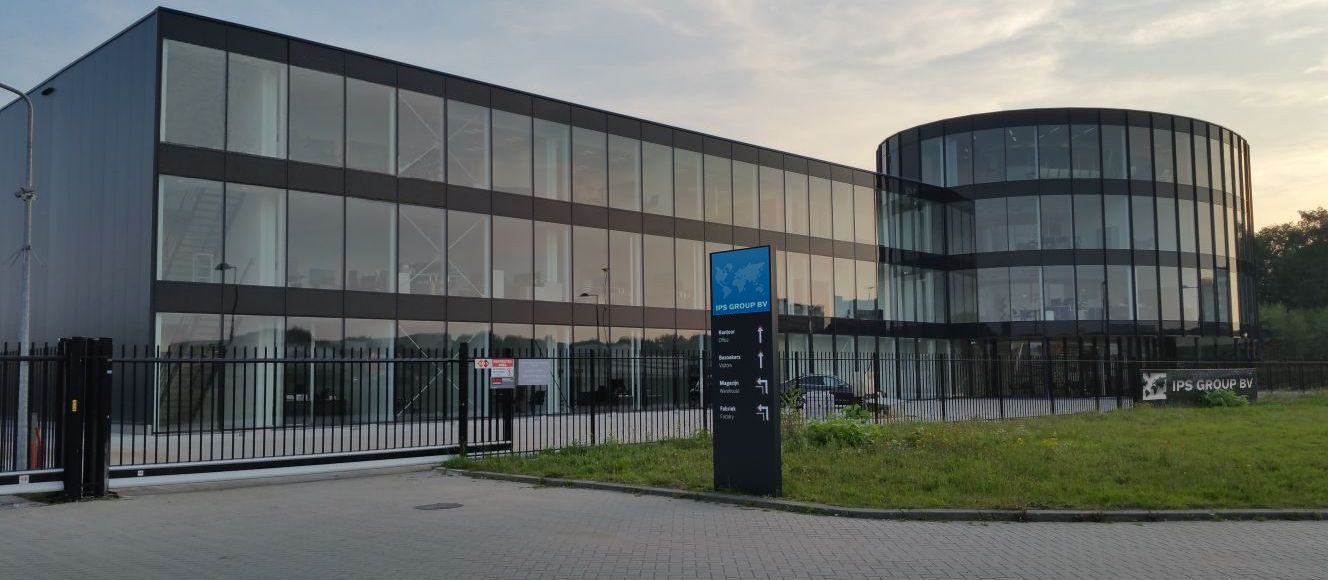
Desalination is a process that takes away mineral components from saline Water More generally, desalination refers to the removal of salts and minerals from a target substance, as in soil desalination, which is an issue for agriculture.
Saltwater is desalinated to produce water suitable for human consumption or irrigation. One by-product of desalination is salt. Desalination is used on many seagoing ships and submarines. Most of the modern interest in desalination is focused on cost-effective provision off fresh water for human use. Along with recycled wastewater, it is one of the few rainfall-independent water sources.
Due to its energy consumption, desalinating sea water is generally more costly than fresh water from rivers or groundwater, water recycling, and water conservation. However, these alternatives are not always available and depletion of reserves is a critical problem worldwide. Desalination processes are usually driven by either thermal (e.g. distillation) or electrical (e.g., photovoltaic or wind power as the primary energy types.
Currently, approximately 1% of the world’s population is dependent on desalinated water to meet daily needs, but the UN expects that 14% of the world’s population will encounter water scarcity by 2025. Desalination is particularly relevant in dry countries such as Australia, which traditionally have relied on collecting rainfall behind dams for water.
IPS Group is involved from the planning stage through the execution stage to assist with understanding material for your desalination plant or project to assist in availability, pricing, and lead times. We coordinate specialized fabrication for gas liquefaction, storage, and transportation.
